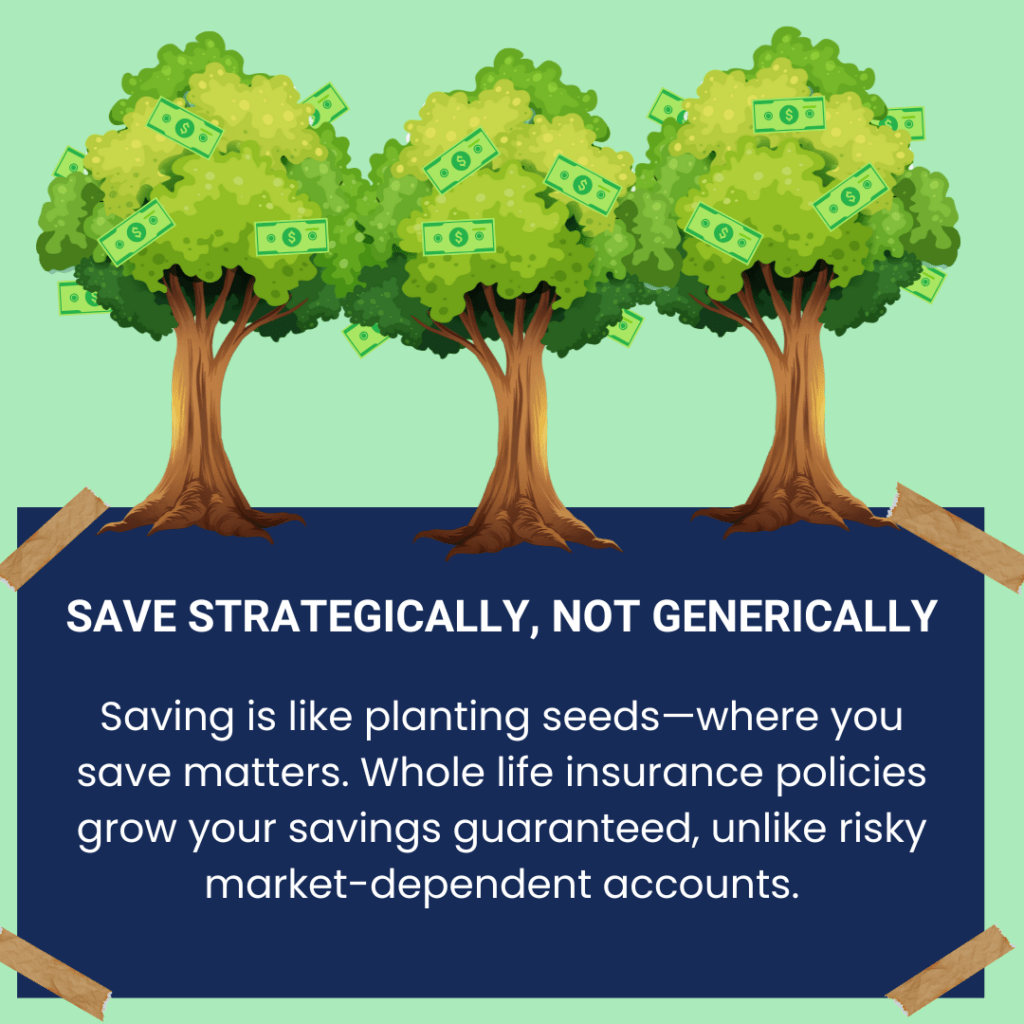702-660-7000
702-660-7000

Today, sundry and various individuals and groups are advocating that “the common good supersedes the private good.” And yet, those who promote this ideology through the exercise of their 1st amendment rights, would be sorely displaced if they were stripped of their free right to speech and expression simply to accommodate the common good which they so adamantly advocate.
Case in point. Radio and TV personality, Dave Ramsey was busy exercising his 1st amendment right the other day while blasting a caller who was using his credit cards to earn cash back on purchases he and his family had made. Of course, using a credit card goes against the common good that Ramsey advocates in all his productions. And to give credit where credit is due, Ramsey has a valid point in attempting to protect the common good of his adherents. But one must realize that most of his devotees are people who don’t have the discipline to pay off their credit card each and every month before the interest starts accruing. Thus, they lose any value that such cash back incentives would provide.
But the advice for the private good, in this specific example, should have focused on the caller who was actually using credit cards successfully, actually earning cash back on their purchases. This simple fact makes a huge difference. Common advice (general advice) provides no value to the private individual who has already conquered the common errors of a system. In this case cutting up his credit cards and throwing them away makes no sense at all when he has already learned to pay those cards off every month before any interest amasses against him and has furthermore, disciplined himself to do exactly that. The common good advocated by Ramsey in this case is obviously to avoid high compounding interest costs. But to tell someone who has managed to keep more of their own money by earning cash back on expenditures is ludicrous and borders on becoming a legalistic dogma instead of a common-sense practice… at least for those who have no fiscal discipline.
Think about this. According to the Bureau of Labor Statistics[i], the average American household spends $66,877 before taxes. Subtracting the cost of housing ($17,789, the average for a mortgage or rent payment,) all other expenditures could be paid for on a credit card which provides cash back. And that means, cash could be earned back, anywhere between 1-4 percent, on the remaining $49,088. That would be $490 on up to nearly $2,000 every year of your money you could keep. Not bad for starters. But to benefit from this private good it takes discipline; discipline to pay those credit card balances off each month before they incur any interest.
So, the first way to keep more of your own money is to discern who is disseminating the common good versus the private good advice out there.
Once you’ve established this fact, avoid the common good advice which is aimed to benefit the common person on the street who lacks proper discipline to better themselves. “Gemeinnutz geht vor Eigennutz” which translated means, “The common good supersedes the private good” was the Nazis slogan. Historically, that slogan, as well as Nazism, has been proven to be a big lie. Don’t fall for a big lie today, regardless of who is sponsoring or proclaiming it as the truth. The private good always supersedes the common good. Historically, whenever this formula is reversed, it fails and the private good suffers because of that reversal.

The second way to keep more of your money is to save more of it. That seems rather blunt and perhaps even a bit callous when so many Americans are barely making ends meet financially. But the statistics are candidly, if not brutally, honest. Nothing grows from nothing, and nothing ever will! Money that you save is the seed that will grow, under the right conditions, producing a harvest that you can reap from at some date in the future. The emphasis here is, don’t squander the time you have today for planting, because your savings will take time to grow. The longer you delay saving, the less seed you will have to plant. And the less you plant the scarcer your harvest will be when it comes time for you to reap the harvest.
But saving more really makes no sense if you continue to save the way most Americans save. So, the question that you must address is, “Where can you save so that you are guaranteed you’ll have a harvest?” If you can’t answer that question confidently then you will never be motivated enough to save more than you are currently saving today. Which means that you could end up exactly where Shiller says most Americans are, “earning nothing.”
Those who promote the common good over the private good would advise you to save your money where you’ll end up paying someone else to manage your savings for you. These places would include but not exclusively; stocks, bonds, EFTs, equities, etc. But those who believe that protecting and promoting the private good is the better way to ensure that the common good is achieved, will advocate that you become your own money manager. They understand that by uniting with other likeminded individuals you can pool your savings into a mutual pool that is then managed with the sole intent of advancing the private good, not the corporate good. In so doing, you will earn better than average returns on your savings, guaranteed.
This type of savings is called participating whole life insurance and is scorned and derided by those who advocate the common good over the private good. But then again history has shown that the common good, when placed above the private good, is a delusional facade which destroys not only the private good but also eventually the common good. Don’t be concerned or led to believe that looking out for number one is the wrong thing to do. If we are instructed to do unto others as we would want done unto us, we must first do unto ourselves, otherwise we will never even fathom, let alone perform, our duty towards others.
Finally, the third way to keep more of your own money is to come to grips with debt. Debt is not a dirty four-letter word which must be avoided at all costs. Rather, debt is an asset that you can learn to manage, and when you do, it becomes your slave instead of it being the master over you. Anyone who pays off all their debt simply to avoid owing or paying interest to somebody else hasn’t learned the fine art of money management. Paying off your debt doesn’t provide any more financial freedom than eating up all the ice cream in your freezer frees you from craving ice cream in the future sometime. Allowing others to play the fear card on you, concerning debt, will thwart you from taking advantage of opportunities that come your way when you discover and exercise proper debt management skills. For example;
In this case, it becomes obvious that using someone else’s money to make a $50,000 purchase makes more sense than using your own money. When you use your own money, you lose $11,059 of compounded interest on your $50,000. But when you use your credit and actually assume a debt for $50,000 you get to use someone else’s money and you only give up $10,747 of interest, $312 less than you did by using your own money.
The best news however is, if you have followed these 3 steps in keeping more of your money, you will have a participating whole life insurance policy that is earning at least a 2% compounding annual growth rate. And by leveraging this savings, you can use the insurance company’s money without giving up your compounding annual growth rate. This gives you the opportunity to make a purchase or an investment while benefiting from money at work and money being saved at the same time. This gives you an added advantage over those who save but don’t manage their own money.
Interestingly, wealth is merely a relative comparison between those who “have” and those who “have less”. The more you can keep of your own money, the better your comparison will be. The less you keep of your money the starker your comparison will become. Inevitably, advisors who promulgate the common good instead of the private good, are the most heard in society today and consequently the gap between the “haves” and the “have less” or the “have nots”, is growing quite rapidly.
This shouldn’t be a shock to anyone who has been paying attention. But the solution remains: stop listening to the common good advisors and pay attention to the private good advocates. The private good advocates are the ones who believe you can keep more of your own money, and in doing so, you will be doing the best thing possible for the common good as well as your own good. Nobody will ever take as good of care of you and your money as you will. Entitlements don’t work long term. Someone will have to pay the piper sooner if not later. And when that time comes the common good advisors will be nowhere around for you to ask them why things turned out so badly.
It has been proven that a 1% fee charged by some money managers to manage your savings could cost you as much as $590,000[iii] over your lifetime. That money should remain in your pocket, not end up in someone else’s pocket. King Solomon admonished us all to study the ant, having no officer or ruler, still stored up for the winter. The analogy is clear, you don’t need a money manager, investment advisors or the likes to charge you for what you can do for yourself. Why pay them “40-60% of your profits”[iv] when you could use that money yourself for better purposes.
In conclusion, discerning what kind of financial advice is being provided today and who it is directed towards, can and will allow you to keep more of your money than if you don’t. Saving your money through the purchase of guaranteed assets which contractually grow regardless of market trend(s) will also allow you to keep more of your money. And finally, avoiding the management fees, regardless of how minimal they seem to be, will allow you to keep more of your money. And this will set you on the sure and sustainable path to financial freedom, instead of financial captivity.
 Tomas P. McFie DC PhD
Tomas P. McFie DC PhD
Tom McFie is the founder of McFie Insurance and co-host of the WealthTalks podcast which helps people keep more of the money they make, so they can have financial peace of mind. He has reviewed 1000s of whole life insurance policies and has practiced the Infinite Banking Concept for nearly 20 years, making him one of the foremost experts on achieving financial peace of mind. His latest book, A Biblical Guide to Personal Finance, can be purchased here.
[i] https://www.bls.gov/news.release/cesan.nr0.htm
[ii] https://finance.yahoo.com/news/the-investing-golden-age-may-be-over–robert-shiller-231354246.html
[iii] https://www.nerdwallet.com/blog/investing/millennial-retirement-fees-one-percent-half-million-savings-impact/
[iv] https://www.forbes.com/sites/rickferri/2013/05/27/the-heavy-toll-of-investment-fees/#1bb6766518fb